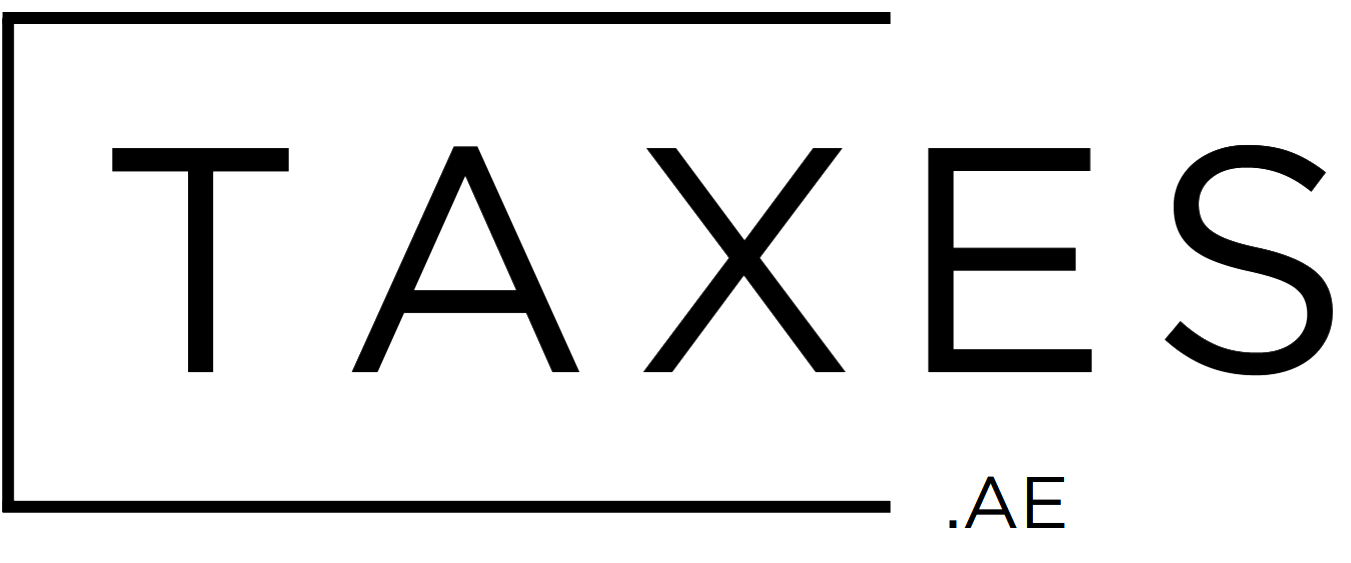What is VAT?
Value Added Tax, commonly known as VAT, is an indirect tax applied to the purchase of most goods and services. Introduced in the UAE on January 1, 2018, VAT is levied at a standard rate of 5% on taxable goods and services.
While VAT may sound complex, it’s simply a way for the government to collect revenue to fund essential public services like schools, hospitals, roads, and more. Over 180 countries worldwide use VAT, making it one of the most common forms of taxation.
What VAT Is
- A tax charged at every stage of the supply chain, from production to final sale.
- A consumer-based tax, meaning businesses act as collectors on behalf of the government.
- Designed to ensure fairness, as businesses can reclaim VAT they’ve paid on business-related expenses.
What VAT Isn’t
- A tax on personal income or corporate profits (those are direct taxes)
- Limited to the final transaction—VAT applies at every stage where value is added.
VAT in the UAE: What It Means for Consumers

As a consumer in the UAE, VAT is something you encounter daily, even if you don’t notice it. The 5% VAT is added to most purchases, from your groceries to electronics. It must always be included in the advertised price. For example:
You buy a phone for AED 1,050 in a shop. The cost of the phone was AED 1,000 and you were automatically charged AED 50 VAT.
Some sectors are zero-rated or exempt, meaning you won’t always pay VAT.
Zero-Rated Examples:
- Medical services and certain medicines.
- Education fees for qualifying institutions.
Exempt Examples:
- Residential rent.
- Local public transportation.
Don’t forget, while VAT increases the cost of goods and services, it also funds vital infrastructure and services, contributing to the UAE’s continued development, making it a better place to live and visit.
Want to work out how much you paid on VAT? Check out our VAT calculator and read the other articles on our site to learn more about VAT and taxes in the UAE.



